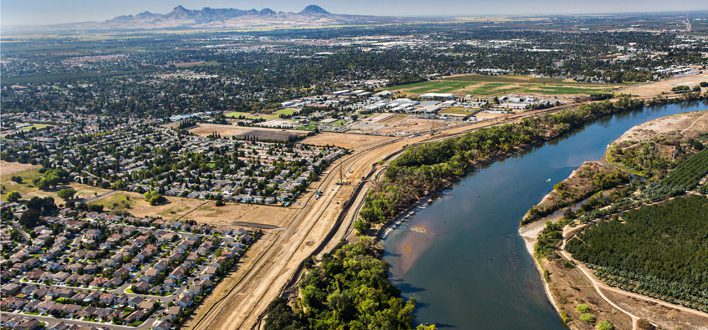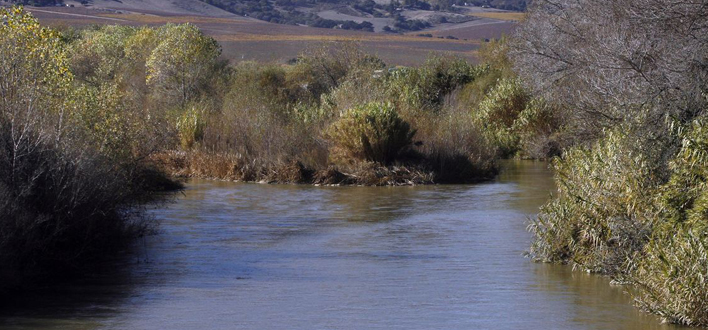Our Work

Moonlight Wildfire Litigation
On September 4, 2007, while the Moonlight Fire was still burning, the California Department of Forestry and Fire Protection (“Cal Fire”) and the United States Forest Service (“USFS”) launched a joint investigation into the origin and cause of the Moonlight Fire. One day later, on September 5, 2007, the government investigators claimed that a bulldozer…
read more
East Bay Regional Park District
This action marks one of many major steps in transferring the Concord Naval Weapons Station (CNWS) from the U.S. Navy to the City of Concord (Concord) and East Bay Regional Park District (EBRPD) for economic development and regional park uses under the federal Base Realignment and Closure (BRAC) process. BRAC is the federal process undertaken…
read more
Cadiz Valley Water Litigation
On the eve of a statewide drought, Cadiz and the Santa Margarita Water District (SMWD) formed a public/private partnership and proposed the Cadiz Valley Water Conservation, Recovery and Storage Project, an ambitious plan to pump 50,000 acre feet of native groundwater annually from the Fenner Valley Aquifer System in the Mojave Desert over 50 years…
read more
Sutter-Butte Flood Control Agency
When the Firm was hired, SBFCA was a fledgling agency struggling with a languishing 10-year Federal study process, borrowed financial resources, and no on-the-ground levee improvements. For more than a decade, Downey Brand has been honored to be a partner in the agency’s considerable successes. Downey Brand attorneys Scott Shapiro and Andrea Clark have been…
read more
Monterey Coastkeeper vs. MCWRA Litigation
The suit alleged the Agency had failed to control pollution while exercising its flood and drainage control responsibilities. The Sixth District Court of Appeal ruled in favor of the Agency, finding most importantly that Monterey Coastkeeper had failed to first make its case before the Central Coast Regional Water Quality Control Board, one of the…
read more